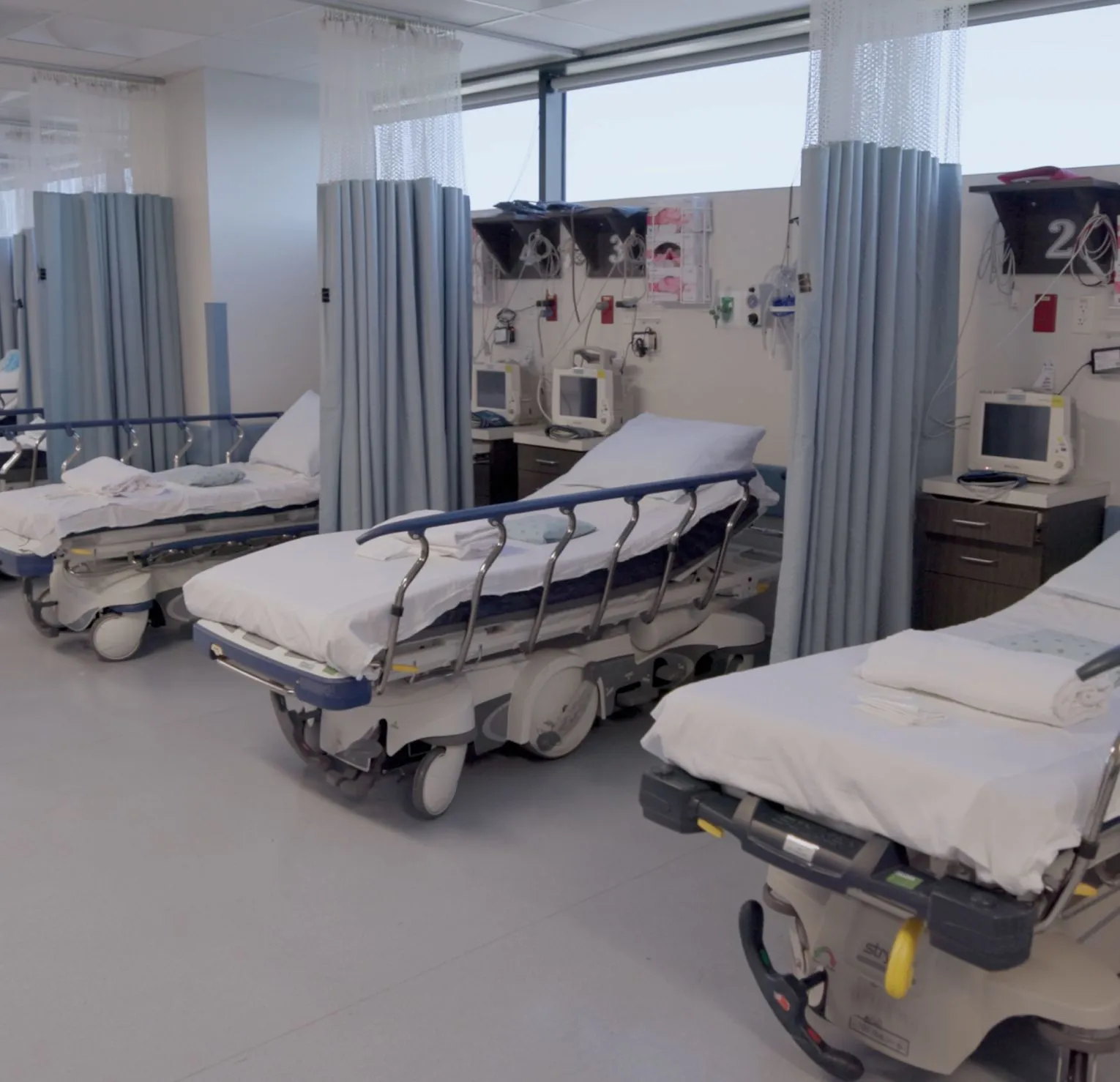




Trigeminal Neuralgia Treatment in Los Angeles
When facial pain becomes unbearable, expert neurosurgical care can restore your quality of life. Get relief with advanced treatments from the leading specialist.







WHAT IS Trigeminal Neuralgia?
Trigeminal neuralgia (TN) is a chronic pain condition that affects the trigeminal nerve, which carries sensation from your face to your brain. It causes sudden, intense, electric shock-like pain in the face, often triggered by simple actions like chewing, talking, brushing your teeth, or even a light breeze.
Also known as “tic douloureux,” trigeminal neuralgia can be debilitating, but it is treatable. Dr. Parham Yashar, one of the nation’s leading board-certified neurosurgeons, specializes in surgical and non-surgical treatments for trigeminal neuralgia, helping patients find long-term relief from this life-disrupting condition.



Symptoms of Trigeminal Neuralgia
- Sudden, sharp, stabbing pain on one side of the face
- Pain episodes that last seconds to minutes, but may occur repeatedly
- Pain triggered by touch, eating, speaking, or shaving
- Muscle spasms or facial twitching during attacks
- Pain that worsens over time or becomes more frequent
Many patients are initially misdiagnosed with dental issues or sinus problems before discovering the true cause. If you experience unexplained, recurring facial pain, Dr. Yashar offers expert evaluation and access to advanced diagnostic imaging to pinpoint the source.



What Causes Trigeminal Neuralgia?
Trigeminal neuralgia is typically caused by compression of the trigeminal nerve, often by a nearby artery or vein, which damages the protective sheath around the nerve (myelin). This makes the nerve hyperactive and overly sensitive to stimulation.
Other potential causes include:
- Multiple sclerosis (MS)
- Tumors pressing on the nerve
- Facial trauma or prior surgery
- Vascular malformations
In some cases, the cause is unknown. Regardless, Dr. Yashar, the best minimally invasive brain surgeon in Los Angeles, provides comprehensive workups and treatment plans tailored to each patient’s unique condition.


How Is Trigeminal Neuralgia Treated?
While medication is often the first step, many patients either stop responding or experience intolerable side effects. When that happens, surgical options offer the possibility of lasting pain relief. Trigeminal neuralgia treatment options include:
- Medication Management: Anticonvulsants like carbamazepine or gabapentin may reduce nerve activity, especially in early stages.
- Microvascular Decompression (MVD): A surgical procedure to reposition or remove the blood vessel compressing the trigeminal nerve. It’s the most effective long-term solution and preserves nerve function.
- Percutaneous Rhizotomy: A minimally invasive procedure where the nerve fibers are intentionally damaged to block pain signals. This can be done using heat (radiofrequency), glycerol injection, or balloon compression.
- Stereotactic Radiosurgery (Gamma Knife): A non-invasive option using focused radiation to damage the nerve root and reduce pain. Ideal for patients who aren’t surgical candidates.
Dr. Yashar helps you navigate your options and select the best course of treatment based on your symptoms, health history, and lifestyle.


FAQs About Trigeminal Neuralgia
While not technically “curable,” many patients achieve long-term or even permanent relief, especially after microvascular decompression.
Yes, it can. Without treatment, episodes may increase in frequency and intensity, and medications often become less effective over time.
Most people describe it as a lightning bolt or electric shock on one side of the face. It can come out of nowhere and last seconds to minutes.

Where to Find the Best Trigeminal Neuralgia Specialist in Los Angeles
Living with trigeminal neuralgia means living in fear of the next attack. If facial pain is ruling your life, it’s time to seek help from an expert. Dr. Parham Yashar has extensive experience treating trigeminal neuralgia using both surgical and non-surgical methods, and he tailors each plan to the needs of the individual.
Located in Beverly Hills, Dr. Yashar’s neurosurgical practice serves patients across the greater Southern California area and beyond. From accurate diagnosis to advanced procedures like microvascular decompression, you’ll receive expert care focused on one goal: helping you live pain-free again.
Don’t suffer in silence. Contact the best trigeminal neuralgia surgeon in Los Angeles today to explore your options.





Get in touch today
Please complete and submit the form below and a member of our staff will contact you shortly.





